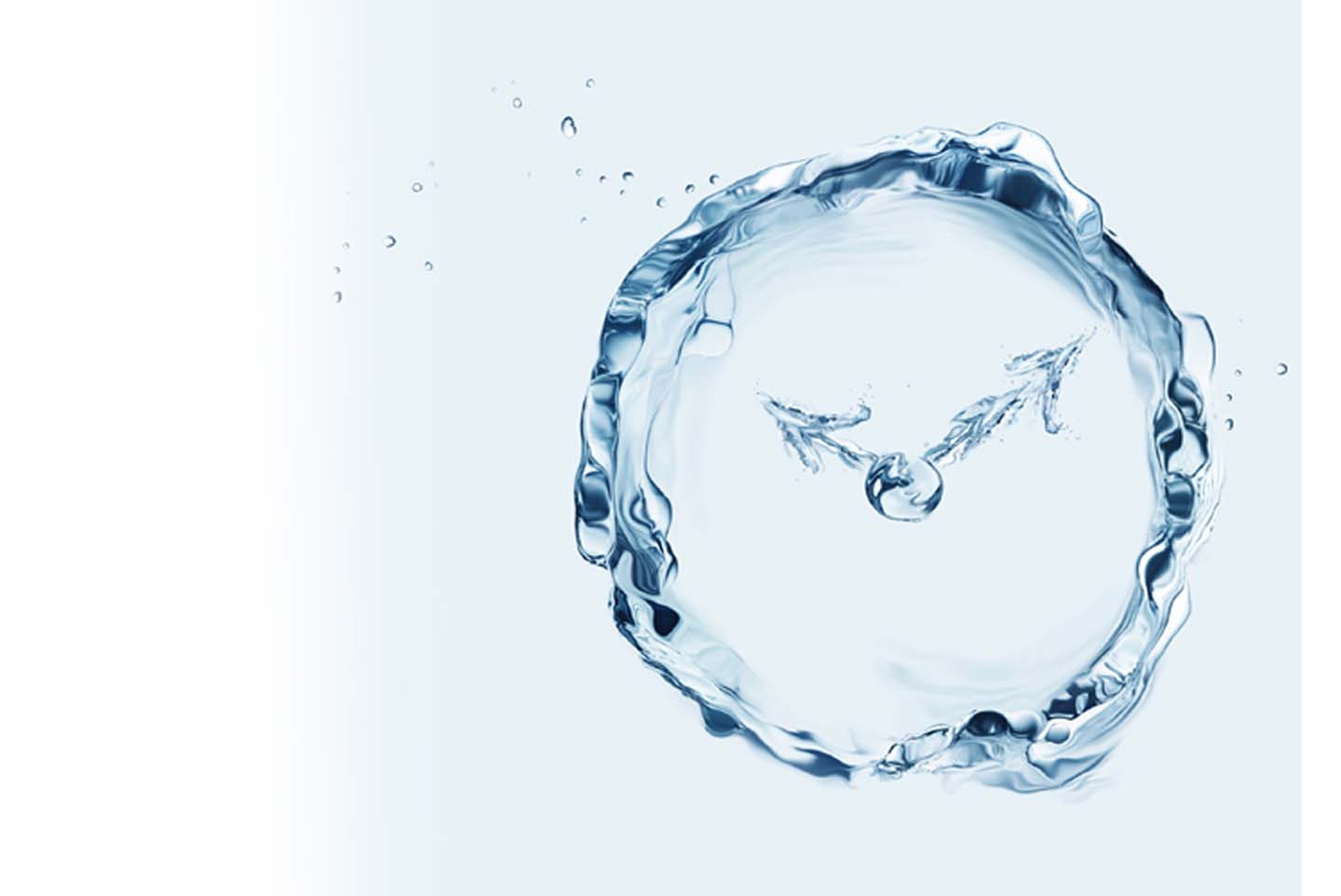Take Steps to Preserve Your Future Fertility With Egg Freezing
Egg freezing is a reproductive advancement that gives patients the ability to preserve their fertility for a future date. Using medication and cryopreservation technology, a patient can undergo an egg retrieval and then have those eggs frozen and stored until they are ready to use them.
As leaders in reproductive technology and medicine, GIVF Fertility is pleased to offer egg freezing, as a method to help patients plan for parenthood and their future families.
Who Could Benefit From Egg Freezing?
Anyone who is interested in preserving female fertility for the future should consider egg freezing. People postpone starting a family for many reasons, including taking the time to travel, build their careers, continue their education, or maybe even just wait to find the right partner.
Though it is well known that fertility and ovarian reserve (egg quantity and quality) decline with age, starting a family during the peak age for fertility may not be the right choice for everyone. Egg freezing allows patients to increase their odds of being able to conceive a biological child later in life.
GIVF Fertility offers patients the opportunity to preserve their eggs at younger ages while they are still of good quantity and quality through egg freezing.
Egg freezing is also an excellent option for individuals about to undergo various medical treatments such as gynecological surgery, gender-affirming hormone therapy, or cancer treatments.


Is Egg Freezing Right for You?
The idea behind elective egg freezing is that people can choose to have some of their eggs retrieved, then vitrified (frozen) until they are ready to use them. For example, a patient could freeze eggs during their mid-thirties, then go on to use those eggs to achieve pregnancy in their late thirties or forties, when a decreased ovarian reserve may make natural conception or fertility treatment difficult. While there are no guarantees that a frozen egg will lead to a future pregnancy and live birth, egg freezing can increase a person’s chances of conception later in life.
There are many reasons to consider egg freezing. Contact us and we will connect you with one of our reproductive endocrinologists who can help you determine if this choice is right for you. We are dedicated to providing you with the counseling and education you need to make the best-informed decision.